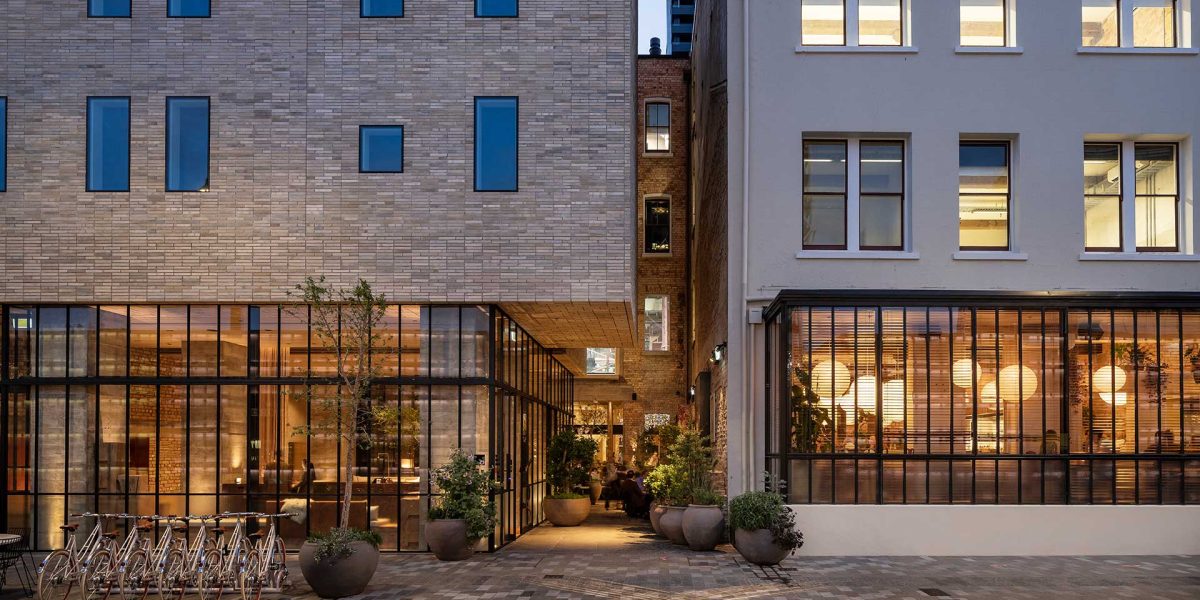Built For Purpose
At the start of the year, there must be millions of fresh post-it notes that are sacrificed to the altar of goal setting only to appear months later stuck to the bottom of unread books or the back of drawers the world over. Reappearing as a faded testament to exuberant and wishful thinking that never had a hope in hell of sticking.
It seems such a human thing to have goals. It might be one of the key things that makes us human actually, to have the self-awareness about the areas that we need improving in and then the planning to go about resolving those things. Unfortunately though, if the rest of the world is anything like me you could probably power the onpeak electricity demands of a small industrial town with the neural activity dedicated to well-intentioned goal setting that never goes anywhere. But maybe the concept of a goal being something that you can tick off doesn’t make it a serious goal. Real change is ongoing and it’s driven by a deep-seated sense of purpose. I am not sure that there is a much better testament to this than The Hotel Britomart. It is the physical manifestation of purpose in the form of a sustainable, luxury boutique hotel.
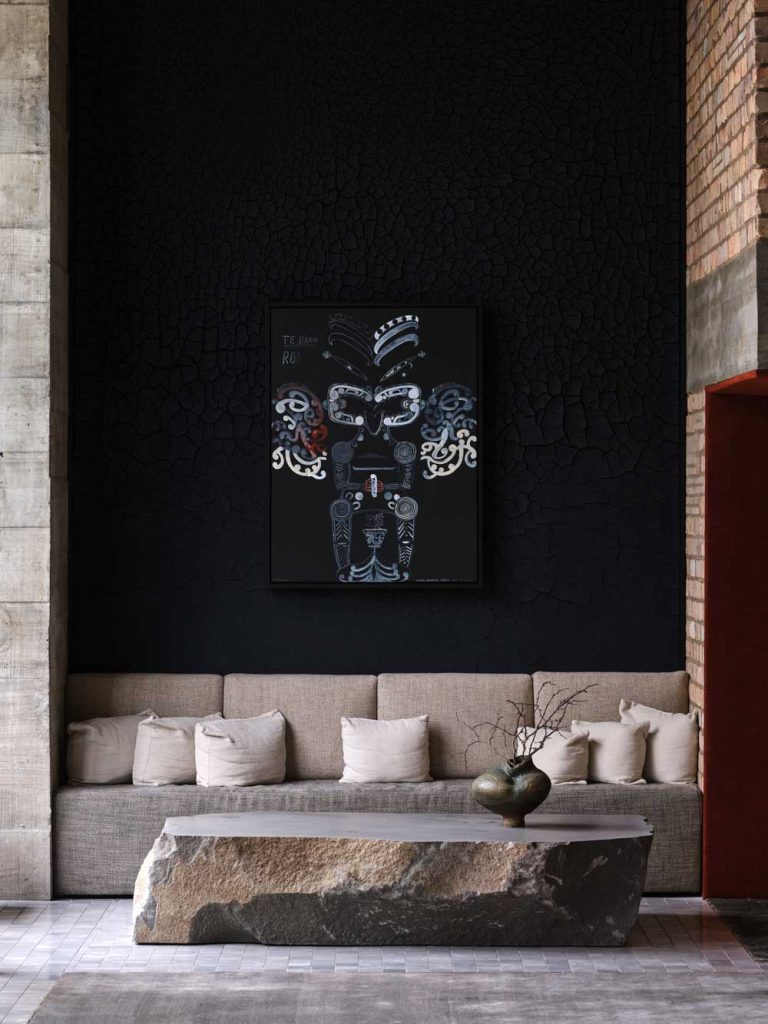
The beating heart of Auckland’s vibrant Britomart precinct, The Hotel Britomart is a glorious testament to the power of purposeful design, sustainability, and a commitment to community and cultural values. Not only do these elements give The Hotel Britomart a deeper connection with its environment and context but it also offers guests an experience that harmoniously blends luxury with ecological and social responsibility.
And this was the intention from the start. From its inception, The Hotel Britomart was envisioned to be more than just a building; it was designed to be a foundation of sustainability, operational efficiency, functionality, and cultural integration. “Building with purpose goes beyond the physical structure,” explains Campbell Williamson, Development Director at Cooper and Company. “It’s about embedding sustainability, efficiency, and cultural considerations into every facet of the hotel’s lifecycle.”
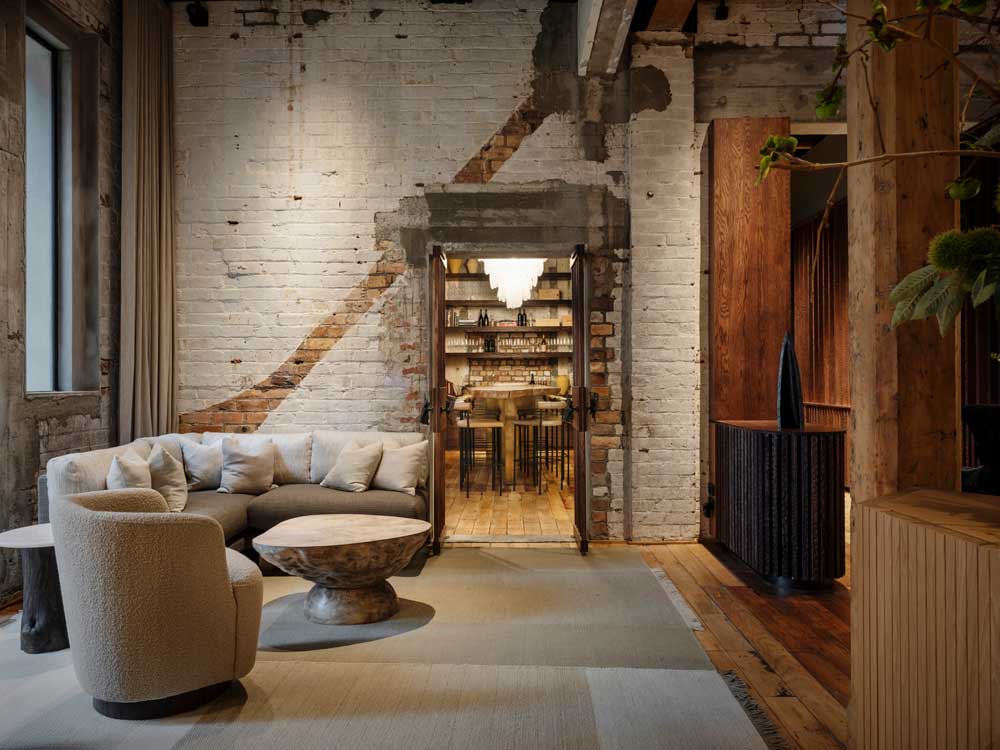
The design and architecture of The Hotel Britomart is an important conduit for the deep respect for the environment and local culture that is an important part of The Hotel Britomart’s ethos. Amongst the many considerations along the way including the impact footprint of each brick, The hotel incorporates energy-efficient systems, maximisation of natural light, and the selection of eco-friendly materials. “The key elements that influence the ‘greenness’ of a build include concrete mixes, glass, insulation levels, and more,” Williamson notes, underscoring the meticulous attention to detail that went into the hotel’s construction. The construction process emphasized minimizing waste and employing sustainable materials.
Williamson shares, “It was about ensuring every aspect of the build was scrutinised for its environmental impact, from the sourcing of materials to waste management on-site.” And the New Zealand Green Building Council agreed giving The Hotel Britomart a 5 Green Star standard which is no small feat. An incredible 80% of construction waste was reused or recycled, setting a precedent for sustainability in construction practices as well as a precedent for ongoing operations.
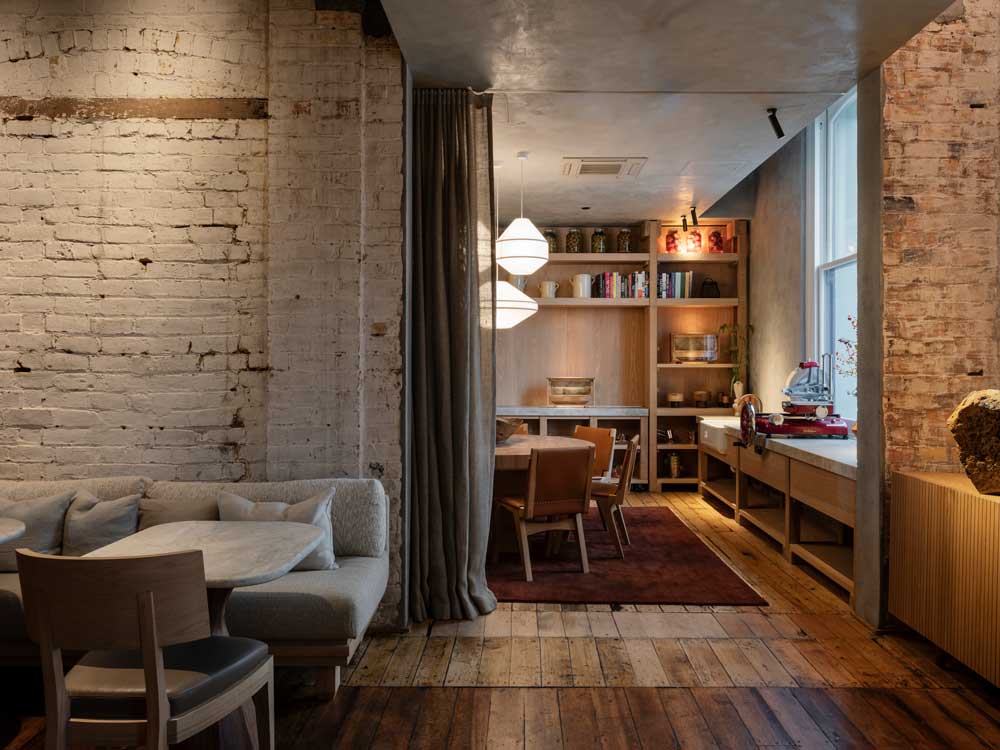
The hotel continues to prioritise waste reduction and recycling in its operations, from minimising single-use plastics to composting organic waste.
And this build, while an awesome achievement in its own right is really part of a long-term and continuous journey that extends from its design and build phases to its day-to-day operations, procurement practices, and even guest experiences. The building really forms the foundation for ongoing operations, ensuring that guests and staff benefit from its thoughtful layout and amenities. “Operational efficiency isn’t just about energy conservation; it’s about creating a smooth, enjoyable experience for our guests and a productive environment for our team,” adds General Manager Clinton Farley.
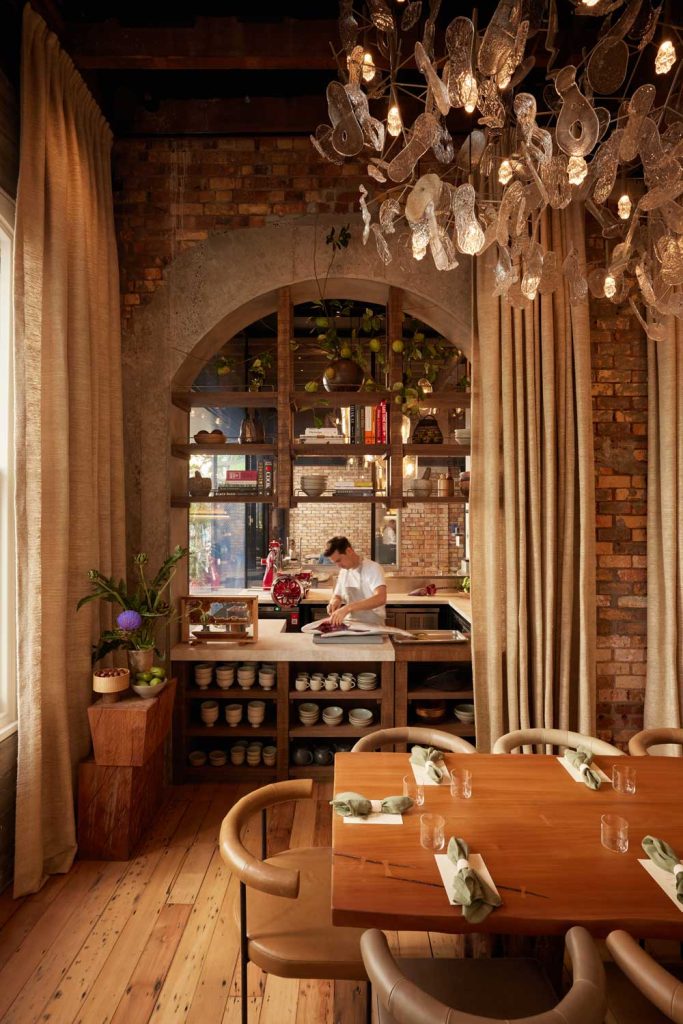
The hotel’s approach to energy and resource management is proactive and innovative. “We use smart building technologies and extensive metering to monitor and optimise our energy and water use,and are a Toitū carbonreduce certified organisation” says Farley. This allows the hotel to adapt and reduce its consumption based on real-time data, significantly lowering its environmental footprint.
And this connection with its environment goes deeper in terms of the cultural connection also. The Hotel Britomart is deeply rooted in the local community and culture, offering guests an authentic Auckland experience. “Our design and operations reflect a strong sense of place,” Farley remarks. “We incorporate local art and materials, celebrate New Zealand’s heritage, and engage with our community to offer a truly Kiwi experience.”
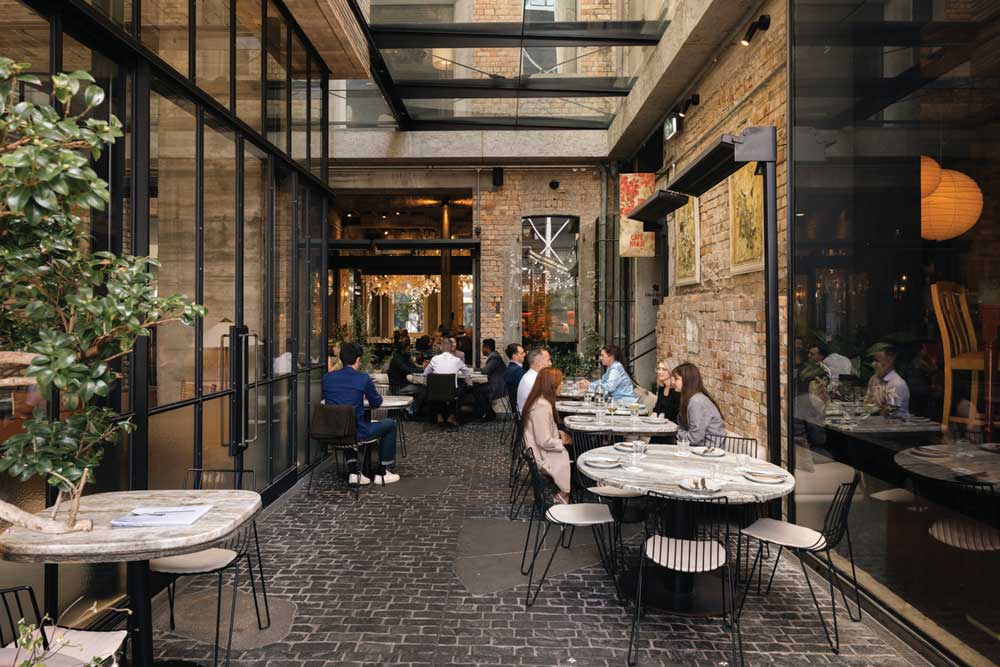
As The Hotel Britomart continues to evolve, its commitment to sustainability, community, and cultural integration remains steadfast. “We’re not just building for today; we’re planning for the future,” Farley concludes. “Our goal is to continuously improve, adapt to new sustainability practices, and remain a leader in eco-friendly hospitality.”
The Hotel Britomart’s journey is a compelling story of how luxury and sustainability can coexist, providing a blueprint for the future of the hospitality industry. It is a testament to long-term change and a showcase of the profound impact of building with purpose, not just for the guests it welcomes but for the broader community and the planet.
thehotelbritomart.com
